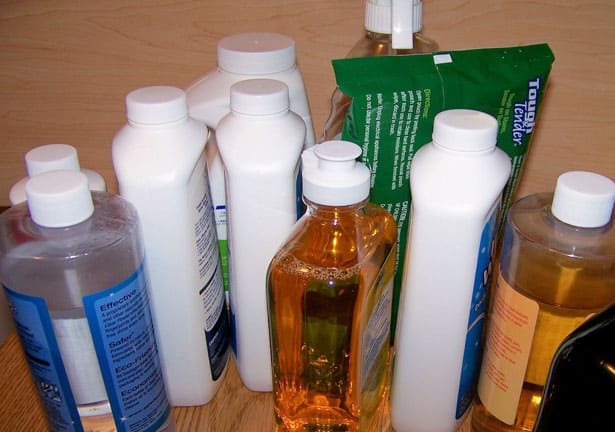Battery Cases for iPod and iPhone Recalled Due to Burn Hazard
The U.S. Consumer Product Safety Commission (CPSC) has recently issued recalls for two separate battery cases for the iPhone and iPod due to burn and fire hazards that each present. The recalls see the Mophie iPod Touch Rechargeable External Battery Case and Rocketfish iPhone 3G/3GS Battery Case both recalled after reports that the cases led to an overheating of the battery which caused burns and even fires in some cases.
The Mophie battery case has an integrated circuit switch which has been found to overheat and has led to deforming of the product and nine incidents of minor burn injuries. The product was sold at Barnes & Noble, Amazon, and other retailers, and has over 6,000 units being recalled. The company plans to issue replacements.
The larger of the two recalls, the Rocketfish Model RF-KL 12 Mobile Battery Case, was sold exclusively at Best Buy stores and has 31,000 units being recalled in the U.S. and 1,000 in Canada. Reports of the battery cases overheating while charging have resulted in minor burns and property damage due to fire. Best Buy will issue a $70 gift card to their stores in the U.S. and $105 in Canada to consumers who have the model.
Dangerous products present serious hazards to unsuspecting consumers who do not realize that they are in danger of major injuries caused by defects. If you or a loved one has been injured by an unsafe product, the San Diego defective product attorneys can help you win the compensation you deserve for your injuries. Contact our offices today for a free consultation on your injury case.…








